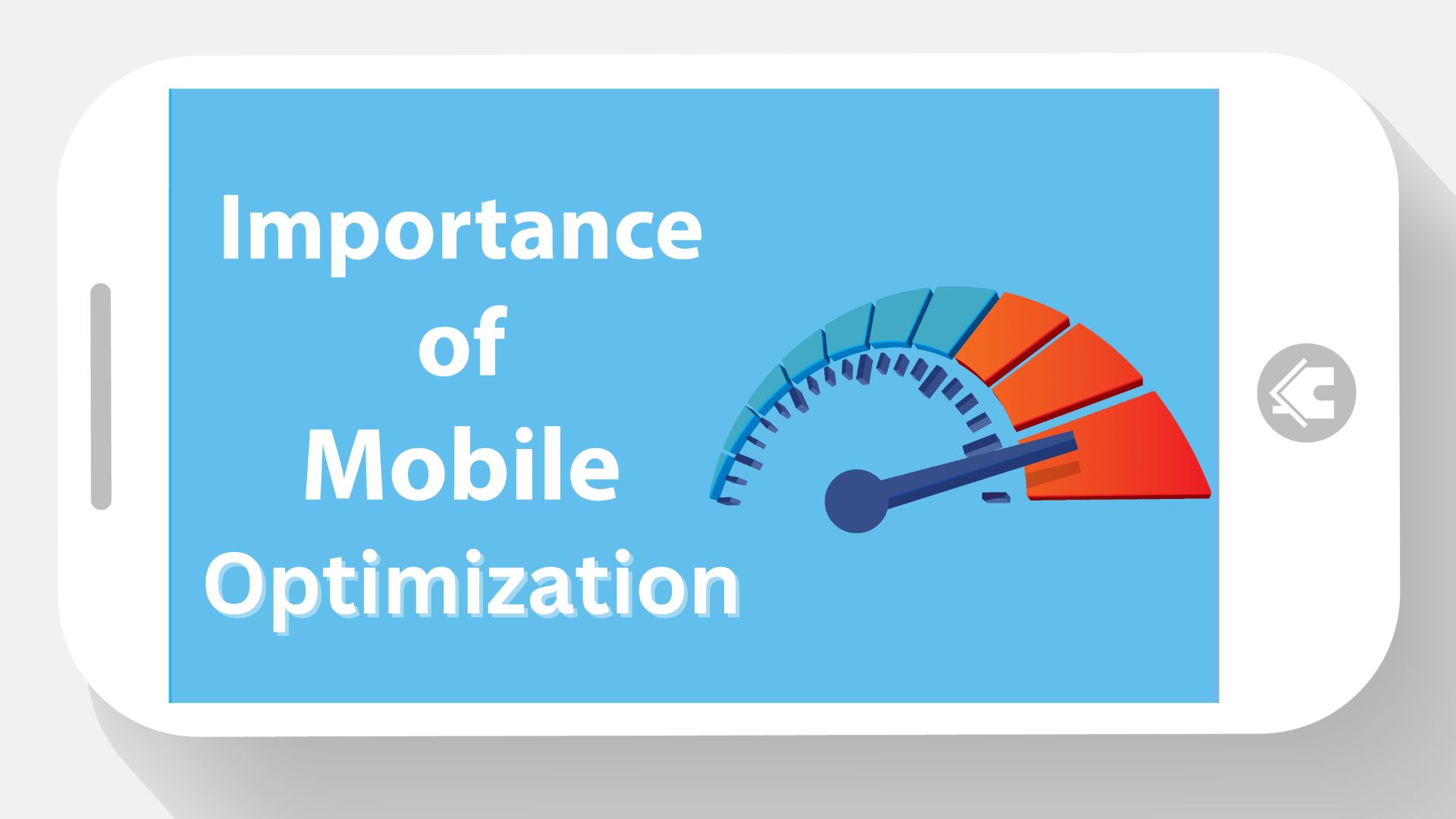As we step further into 2024, the digital landscape continues to evolve at an unprecedented pace. One of the most significant shifts in recent years has been the increasing reliance on mobile devices for browsing, shopping, and engaging with content. With mobile traffic accounting for over 60% of global web traffic, optimizing your website and digital assets for mobile is no longer optional—it’s essential. This blog explores the importance of mobile optimization in 2024 and how it can impact your business’s success.

Table of Contents
Toggle1. Growing Mobile Usage
The trend toward mobile usage is only expected to grow. According to recent studies, mobile devices are projected to account for over 70% of total web traffic by 2025. This shift means that businesses must prioritize mobile optimization to meet the expectations of their audience.
Why Mobile Matters
- User Behavior: Consumers are increasingly using their smartphones for everyday tasks, from online shopping to social media engagement. A seamless mobile experience is crucial to retaining users and converting them into customers.
- On-the-Go Access: Mobile optimization ensures that users can access your content anytime, anywhere, catering to the fast-paced lifestyle of today’s consumers.
2. Enhanced User Experience
A well-optimized mobile site significantly enhances the user experience. Key elements include:
Faster Load Times
- Mobile users expect quick access to information. According to Google, a one-second delay in page load time can result in a 20% decrease in conversion rates. Optimizing images, minimizing code, and leveraging browser caching are critical for improving load speeds.
Responsive Design
- Implementing responsive design ensures your website automatically adjusts to different screen sizes, providing a consistent experience across devices. This flexibility allows users to navigate your site with ease, regardless of whether they’re using a smartphone, tablet, or desktop.
Simplified Navigation
- Mobile users prefer straightforward navigation. Simplifying your menus and using larger buttons can enhance usability, making it easier for users to find the information they need quickly.
3. Impact on SEO Rankings
Search engine optimization (SEO) is another critical factor where mobile optimization plays a pivotal role. In 2024, Google continues to prioritize mobile-first indexing, meaning it primarily uses the mobile version of a website for indexing and ranking.
Mobile-First Indexing
- Websites that are not mobile-friendly may suffer in search engine rankings. To stay competitive, ensure your site is optimized for mobile to improve your visibility in search results.
Core Web Vitals
- Google’s Core Web Vitals—metrics related to loading performance, interactivity, and visual stability—are crucial for SEO. Meeting these metrics on mobile is essential for maintaining or improving your search rankings.
4. Increased Conversions
Mobile optimization directly impacts conversion rates. When users encounter a well-optimized mobile experience, they are more likely to complete desired actions, such as making a purchase, filling out a contact form, or subscribing to a newsletter.
E-Commerce Trends
- With the rise of mobile shopping, businesses must ensure their e-commerce platforms are mobile-friendly. Simplifying the checkout process and offering mobile payment options can lead to higher conversion rates and reduced cart abandonment.
Call-to-Action (CTA) Optimization
- Clear and accessible CTAs on mobile devices can significantly boost engagement. Use prominent buttons that are easy to tap, guiding users toward desired actions without frustration.
5. Building Customer Loyalty
A positive mobile experience fosters trust and loyalty among customers. When users have a seamless interaction with your brand on their mobile devices, they are more likely to return and recommend your business to others.
Personalization
- Mobile optimization allows for personalized experiences based on user behavior. Tailoring content, offers, and recommendations to individual users can enhance their experience and encourage repeat visits.
Brand Reputation
- A well-optimized mobile site reflects professionalism and attention to detail. In contrast, a poorly optimized site can damage your brand’s reputation, leading potential customers to seek alternatives.
6. Future-Proofing Your Business
As technology continues to advance, mobile optimization will only become more critical. Adopting a mobile-first approach now prepares your business for future trends, such as augmented reality (AR) shopping experiences and increased mobile payment options.
Staying Ahead of Competitors
- By investing in mobile optimization, you position your brand as a leader in your industry. Staying ahead of competitors who overlook this essential aspect can provide a significant advantage.
Adapting to Emerging Technologies
- As new technologies emerge, having a solid mobile foundation will enable your business to integrate innovations seamlessly, ensuring you remain relevant in the evolving digital landscape.
Conclusion
In 2024, mobile optimization is more important than ever. With the majority of consumers relying on their mobile devices for various online activities, businesses must prioritize creating a seamless and user-friendly mobile experience. From enhancing user engagement to improving SEO rankings and increasing conversions, the benefits of mobile optimization are undeniable. By investing in mobile-friendly design and practices, you can future-proof your business and position yourself for long-term success in the digital world. Don’t wait—start optimizing for mobile today and reap the rewards!


No responses yet